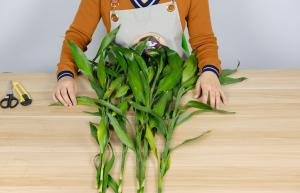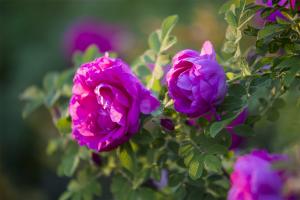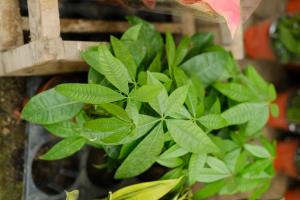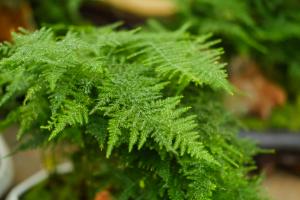Introduction
Are you planning to add some colorful poppies to your garden in zone 7? Before you start planting, it's important to know the appropriate time to sow poppy seeds. In this article, we'll explore the best time to plant poppy seeds in zone 7 and some helpful tips to ensure successful growth.
Zone 7 Climate
Zone 7 includes areas such as Virginia, Tennessee, and parts of North Carolina. The region features a moderate climate with hot summers and cold winters. The average temperature range in zone 7 during the growing season is 50掳F to 80掳F (10掳C to 27掳C). It's essential to choose poppy seed varieties that can withstand the region's weather conditions.
When to Plant Poppy Seeds in Zone 7
The ideal time to sow poppy seeds in zone 7 is during the fall season. You can plant seeds from late September to November, depending on your local climate. Poppies need a period of cold exposure to germinate, which is why fall planting is recommended. If you miss the fall planting window, you can also sow poppy seeds in late winter or early spring.
Preparing the Soil
Before planting poppy seeds, it's crucial to prepare the soil properly. Poppies thrive in well-drained, loamy soil with a slightly acidic pH between 6.0 to 7.0. Remove any weeds or rocks and add organic matter to improve soil health. In zone 7, the soil may become compact and hard during the summer months, so tilling the soil before planting can help break up any clumps.
Sowing Poppy Seeds
Once the soil is prepared, it's time to sow the poppy seeds. Scatter the seeds directly onto the soil and lightly cover them with a thin layer of soil. Poppies prefer to be slightly buried, so don't worry about covering them too much. Water the seeds gently to avoid washing them away, and keep the soil moist but not saturated. Germination should occur within two to three weeks, depending on the temperature and weather conditions.
Caring for Poppy Plants
Poppy plants require minimal maintenance once they start growing. Water the plants only when the soil is dry, and avoid getting water on the leaves to prevent fungal diseases. Poppies don't typically require fertilizer, but you can add a balanced fertilizer to the soil in the early spring if desired. Deadhead spent flowers to encourage the growth of new blooms. Poppies usually bloom in late spring to early summer and produce stunning, colorful flowers that can attract pollinators to your garden.
Conclusion
To sum up, zone 7 gardeners can plant poppy seeds in the fall or late winter/early spring for successful growth. Prepare the soil well and sow the seeds directly on the soil surface, burying them slightly. Once the plants start growing, provide minimal care and enjoy the beautiful poppy blooms in your garden.

 how many times do yo...
how many times do yo... how many planted tre...
how many planted tre... how many pine trees ...
how many pine trees ... how many pecan trees...
how many pecan trees... how many plants comp...
how many plants comp... how many plants can ...
how many plants can ... how many plants and ...
how many plants and ... how many pepper plan...
how many pepper plan...






























